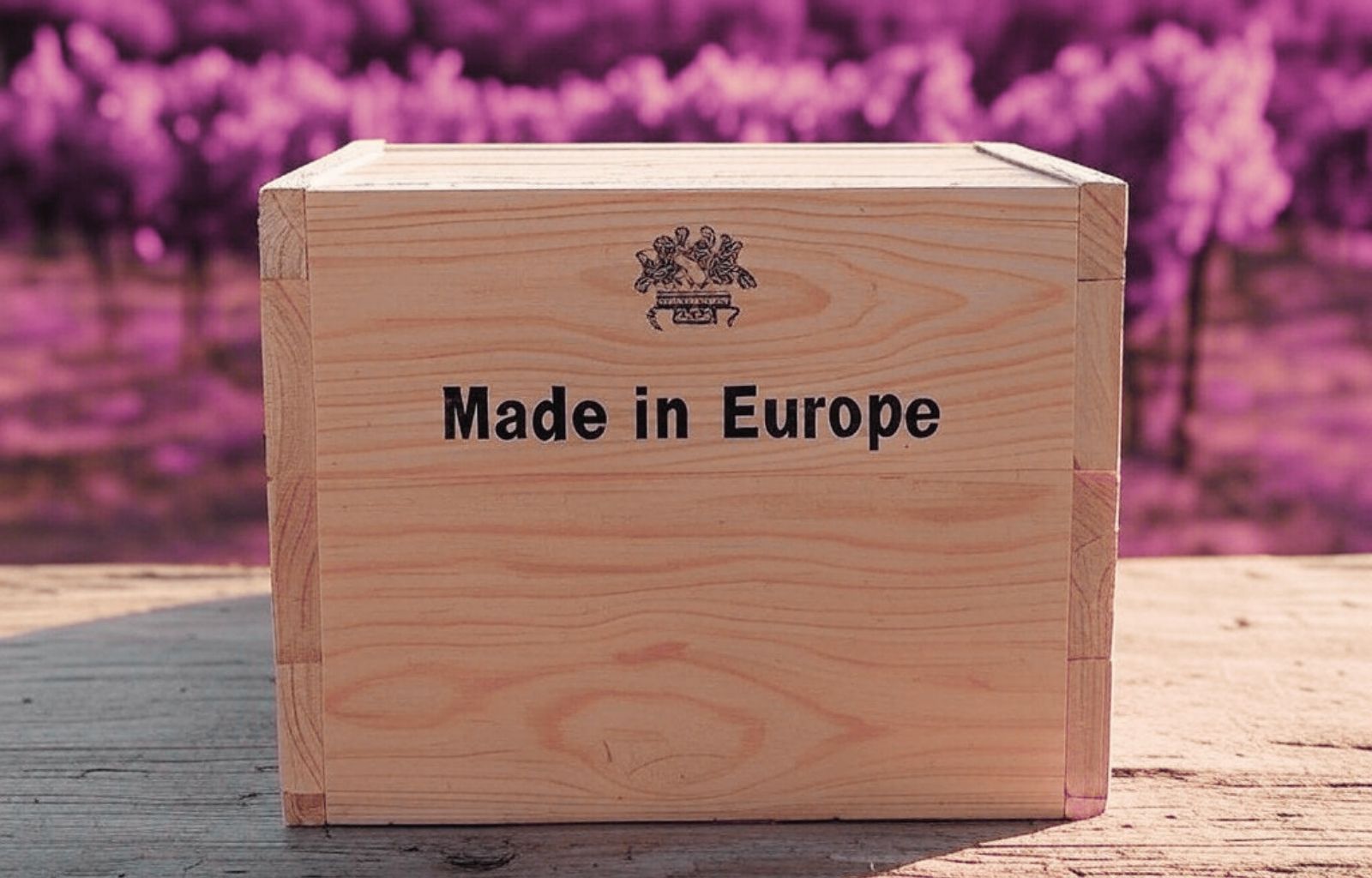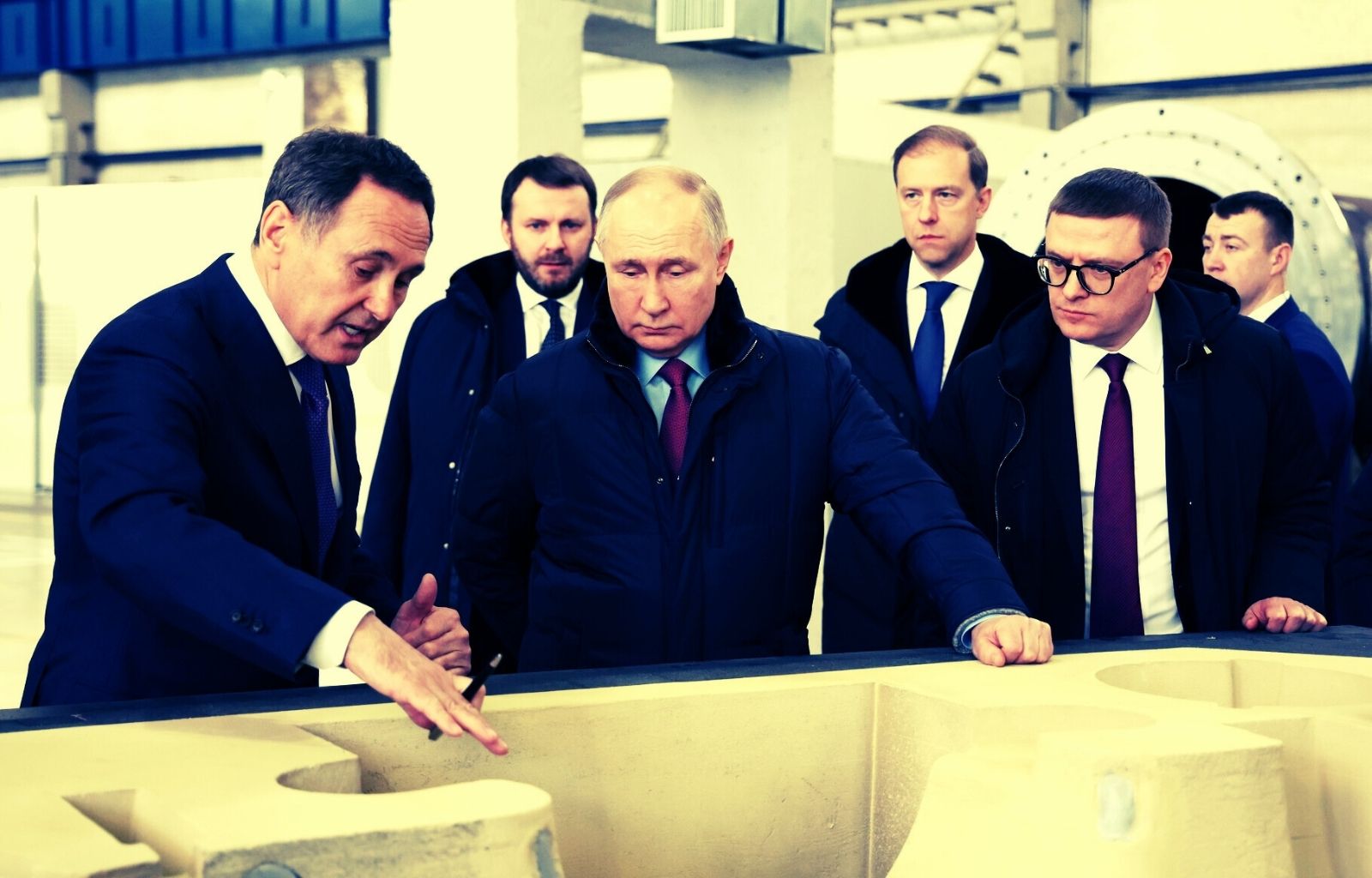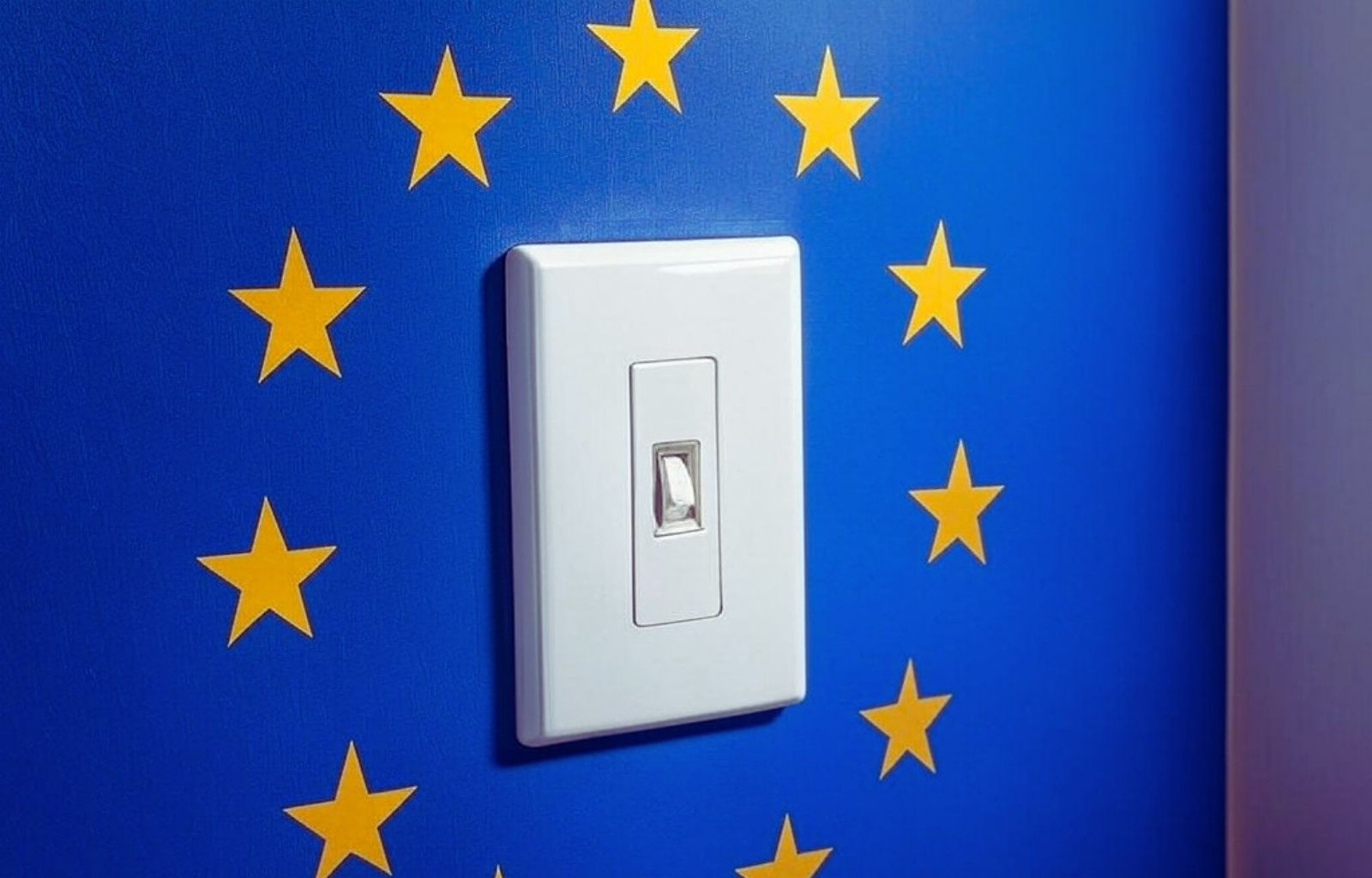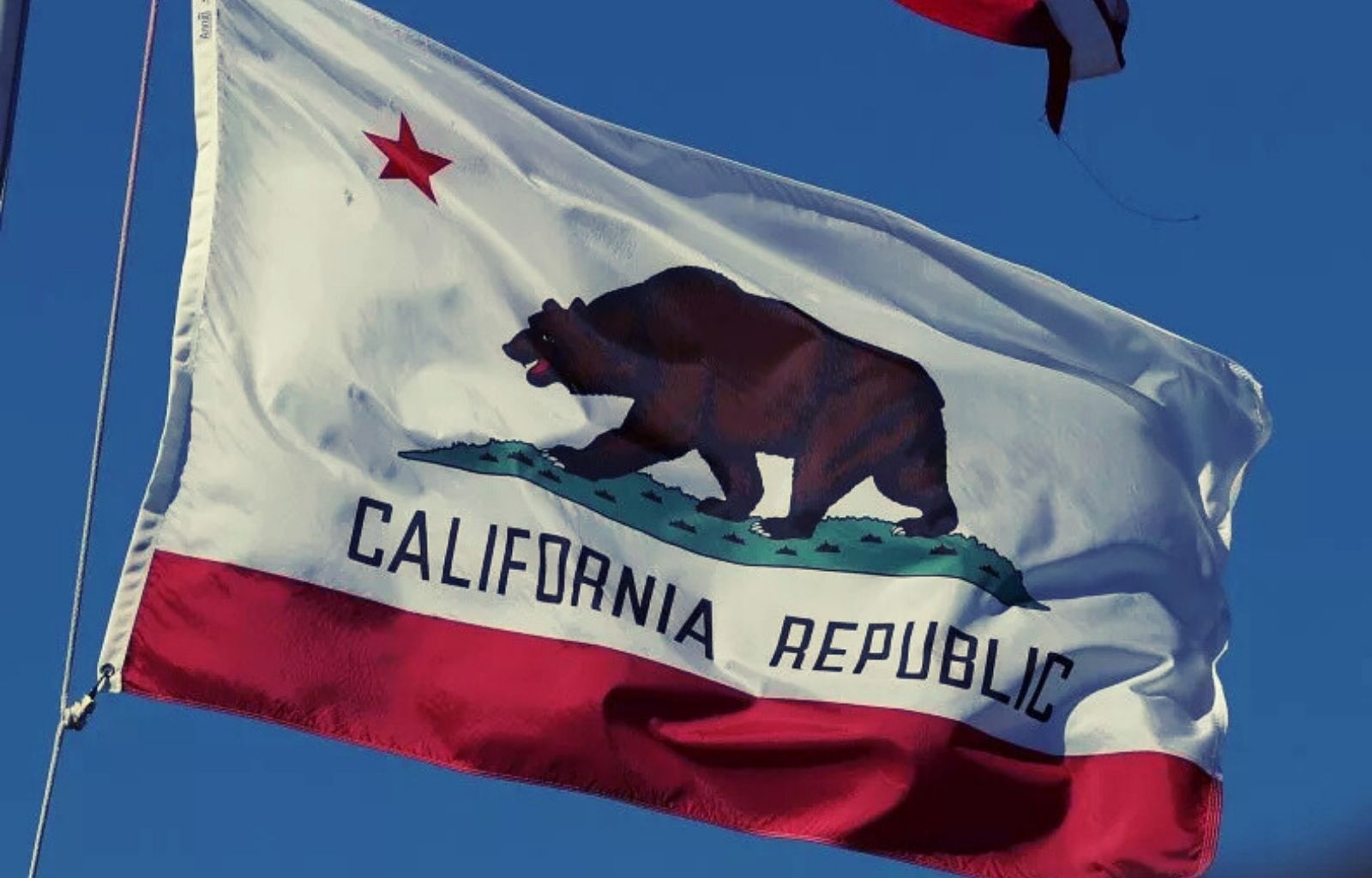EU must be reformed, but as long as it exists there will be no trade war in Europe

While the US unleashes a senseless trade war with Mexico and Canada – with 25% tariffs imposed by the Trump administration and inevitable retaliation from neighbouring countries – in Europe such a scenario is unthinkable. We will never see Germany raise customs barriers against Italy, nor France impose duties on Spanish manufacturing. The reason? The European Union.
It is often ironised that Brussels is more busy regulating than innovating, while elsewhere it is running faster. It is a true observation, which we often report on in L’Europeista: the EU is cumbersome, with a bureaucracy that is often perceived as excessive. Yet, with all its flaws, it remains the greatest successful experiment in breaking down barriers and borders in modern history.
Of course, defending the status quo ex officio is not an exercise you will ever read about in the pages of L’Europeista: in a fast-moving world in which competition for technological and scientific supremacy will ensure the conditions of prosperity for the second half of this century, the responsibility of the Continent’s ruling classes is to bring Europe back to the frontier of innovation, without qualms. But fixing in the minds and hearts of Europeans what exists – the common market – as an achievement of freedom and peace, means preparing to counter the malevolent challenge of those who would like to disarticulate our Union.
Europe that imposes and Europe that takes away
In recent times, the European Union is often seen as an imposing entity: regulations on production standards, environmental regulations, market requirements, financial constraints. This perception fuels criticism and frustration, especially among those who know that having fewer constraints and more freedom of economic action is crucial to staying hooked to the train of the ongoing technological revolution. But there is also a Europe that historically and positively takes away: it breaks down duties and trade restrictions, removes bans and limitations on the free movement of people, goods, capital and services.
The contrast with the rest of the world
Outside our Union, protectionism is making a strong comeback. The US and China are challenging each other with tariffs and sanctions. The US, with its America First strategy, is undermining relations with its historical partners (such as Mexico and Canada, which are now responding with similar countermeasures), but also prospectively against the European economy.
In Europe, among Europeans, we are already past all that. Economic integration between member states is irreversible: an architecture built to eliminate the risk of economic and, consequently, political wars. A balance that we often take for granted, but which represents an enormous achievement.
Without the EU, today any European country would be free to raise barriers against its neighbours, imposing taxes on German cars, restrictions on Italian agricultural products or barriers on Polish engineers. And – trust me – it would happen, just as it is happening between the US, Mexico and Canada. Instead, thanks to the single market, a Spanish company can sell in Finland without obstacles, a French entrepreneur can open an office in Belgium as easily as he would in his own country, and an Italian citizen can work in Berlin without needing visas or special permits. And national governments, even those most infected with populism and sovereignism, do not go so far as to think about phantom and suicidal trade wars with the rest of the Continent, because they would have among their main opponents their own domestic producers.
Keep Europe Open and Strong
In conclusion, Europe is in dire need of reform, greater efficiency and a sharper, more assertive strategic vision. But, in the days when even the most solid economic alliances in the Western world are in crisis, it is crucial to remember what we have: the largest integrated economic space on the planet, built on mutual trust and the political will to cooperate rather than clash.
The EU is not perfect, but it is the best experiment in openness and cooperation the world has ever seen. And keeping it strong and functioning is a mission we cannot underestimate.












